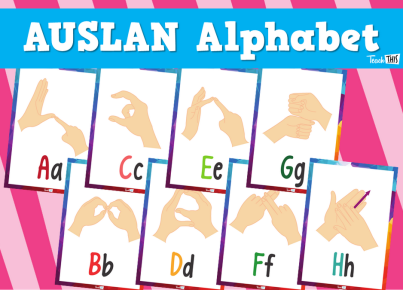Introduction
In today’s fast-paced world, it is crucial to listen to the views of very young children. Their perspective and input can provide valuable insights into their development, emotional state, and overall well-being. Furthermore, giving children a voice helps to develop their self-esteem and encourages more significant connections with the community around them. This article will discuss the importance of listening to very young children, tips on how to do so effectively, and the potential benefits it can bring.
The Importance of Listening to Very Young Children
When adults take the time to genuinely listen to children, they promote their sense of belonging and empower them in the decision-making process. This approach not only strengthens their relationship with their family and community but also fosters trust and respect between adults and children. Moreover, listening to very young children can reveal trends or patterns that elude adults by showing us how they perceive and interpret the world around them.
Tips for Effectively Listening to Very Young Children
1. Create a safe space: Encourage open communication by providing a secure environment where children feel comfortable expressing their feelings and ideas.
2. Be patient: Listening requires patience, especially when dealing with very young children who may struggle with language or forming coherent thoughts.
3. Be engaged and attentive: Give children your undivided attention when they share their thoughts or feelings. Turn off all distractions such as phones or televisions.
4. Use active listening techniques: Nod your head in agreement, maintain eye contact, paraphrase what they say, and ask open-ended questions.
5. Validate their feelings: Acknowledge your child’s emotions without judgment or imposing your own opinions.
6. Encourage expression through play: For very young children, play can be an essential medium through which they express themselves. Tailor activities that facilitate conversation.
Potential Benefits of Listening to Very Young Children
1. Improved communication skills: Engaging in active listening may lead to enhanced language development and self-expression.
2. Emotional well-being: Actively listening to a child’s emotions promotes a strong sense of self and emotional regulation.
3. Stronger relationships: Open lines of communication build trust, understanding, and stronger connections between children, family members, and caregivers.
4. Enhanced critical thinking: Encouraging young children to express their views can help develop reasoning skills and cognitive abilities.
5. Greater self-esteem: Recognizing the importance of their opinions contributes to building a child’s self-confidence and belief in their abilities.
Conclusion
Taking the time to genuinely listen to the views of very young children is crucial for their personal, emotional, and cognitive development. By implementing supportive techniques such as creating a safe environment, using active listening strategies, and validating their feelings, we are fostering an open line of communication to better understand the perceptions and needs of our children. A society that values its children’s input is one that sets itself up for a brighter future full of self-aware, emotionally grounded individuals who contribute positively to their communities.





